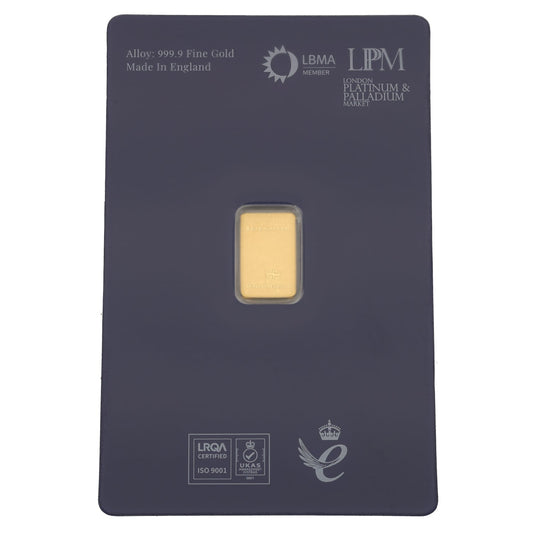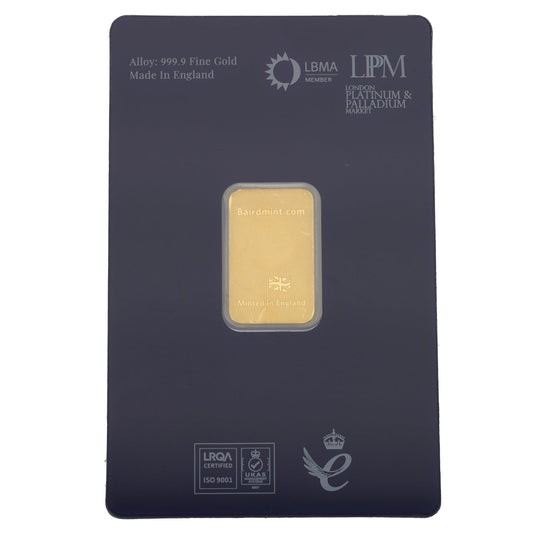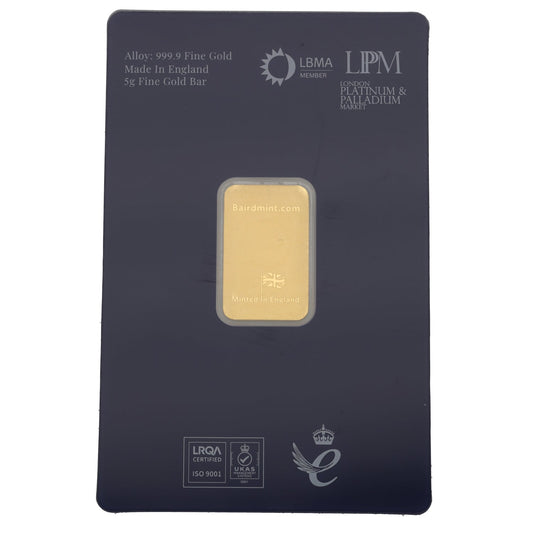1. Why do you need a loan?
Consider your reasons for wanting a loan. What you borrow money for must provide you with enough value to warrant the cost of the credit. For instance, it’s never a good idea to borrow money in order to buy frivolous, non-essential items or to invest in dubious schemes.
Ideally, a loan should help you save money in the long run, or bring some kind of financial benefit. Renovating your home, ensuring you have a safe and working vehicle (if you need one), and unexpected but essential one-off bills are all common reasons why people seek credit.
2. Do you really need to borrow money?

Do you need the money quickly, and if yes; why? If you can wait until you have saved enough money yourself, then you won’t have to pay loan interest. It’s never a good idea to take a loan due to impatience alone.
Do you have any savings? If you do, then consider using this for what you need. If this is not a suitable solution, then perhaps you have something of value you’re happy to sell in order to raise the cash? A loan should only be an option if you have exhausted all others – if it feels like the right thing for you, then proceed to question 3.
3. Have you researched all of your options?
If you’re sure a loan is the right choice, the next challenge is finding the right type of loan. There are many different ways to go, and the option that’s best for you depends on many factors. Make sure you read up about the different types available (secured, unsecured, guarantor, long-term etc.) to get a feel for what’s best.
Most lenders will provide some kind of loan calculator on their website, which will clearly show you how much you’ll need to pay back in full. It’s important to remember that this is based on a representative example and is not necessarily what you’ll be offered, particularly if you are opting for an unsecured loan.
4. Have you checked your credit file?

Before you apply for any kind of credit, you should take a look at your credit file. You can do this online via Equifax or Experian (via a 30 day free trial) or for free with Clear Score. Your credit file stores information about your finances covering the last 6 years and is used by unsecured lenders to decide whether to lend to you or not. Your credit score ranks highly when you have demonstrated you can borrow money and pay it off in full on time, and there is no evidence of money problems. Making late credit payments, incurring fees and charges on unpaid bills and entering into an IVA or bankruptcy can all severely damage your score, making it less likely someone will lend to you.
Of course, if you opt for a secured loan - such as a pawn loan - your credit history is not taken into account at all. The security for this type of loan doesn’t come from your personal financial history, but is leveraged on an item of value you own.
5. Do you have the required documents?
If you’re happy you’ve found the right avenue to go down, your next step is to ensure you’ve got everything you need for your application. All lenders operating in the UK must follow Financial Conduct Authority guidelines by law, and will therefore always ask you for identification and a proof of address. You may also be required to provide recent bank statements and/or payslips to demonstrate that you are able to afford the loan.
If you are under 18, then it’s not legal for you to be approved for a loan and your application will be automatically rejected. Beware of any lender who is happy to break the rules – this shows that they may not have your best interests at heart and could be fraudulent.
6. Can you afford the loan?

As part of the application process, you may be asked a few questions about your regular expenses (rent/mortgage, food etc.) so the lender can be confident you’re able to make the agreed payments. Before you apply, however, you should ask yourself the same thing. Are you confident you can afford the repayments? Do you think you will struggle to make ends meet because of the added expense?
Not being able to manage your loan can result in stress and further financial issues if left unchecked. If you’ve got an unsecured loan, your credit history will be tainted and you’ll find it much harder to get credit again. If your loan is secured, then you risk losing the valuable item you used for collateral altogether. For these reasons alone, it’s imperative you are confident in your ability to repay.
7. Do you feel comfortable with the lender you have chosen?
Before you take the final step and begin the application process for your loan, take a minute to consider the lender themselves. Depending on the type of loan you’re applying for, you’re set to have a financial relationship with this company for a few months, or even a few years. It’s therefore important to check they are a legitimate, FCA registered lender (this should all be present on their website, usually at the bottom of the homepage). Are they easy to contact should you have problems? Do they have good reviews? If you’re comfortable and confident that the lender is operating legally and is committed to Treating Customers Fairly, then you’re ready to make your application.






























